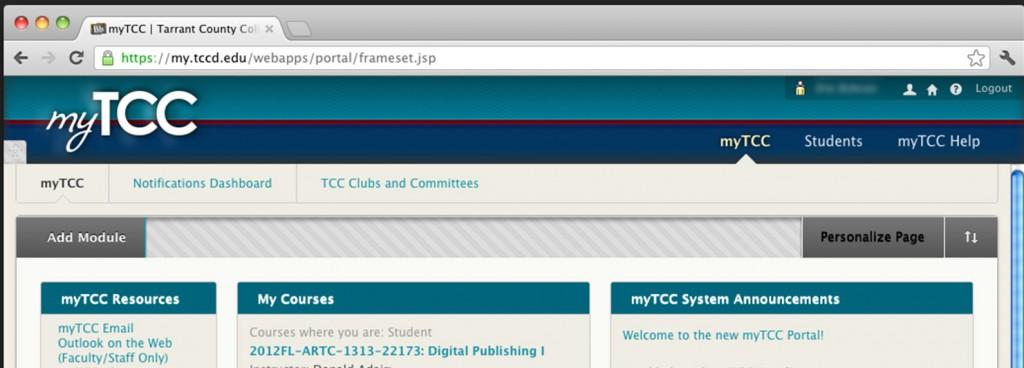By Kirsten Mahon/tr news editor
Every semester begins with a fresh stress overload, particularly for new students.
Students entering college for the first time may be under a lot of stress, especially as the beginning of the semester approaches. TCC counseling and advisement is available to help with the transition.
“Every campus is staffed with professional academic advisors and professional counselors,” said Louann Schulze, TR counseling director. “We need students to come to us because we can’t go out and find them.”
As the semester thickens, it can be difficult to focus on classes and juggle the remains. Counseling assistants on NE Campus say it’s best to sit down and evaluate once the initial rush is over.
After students battle through registrar lines and the financial aid process, advisors can pull up class schedules and help them map out their college success. Then with each new semester, students can see which holes need to be filled in their degree plans for graduation and transfers.
“Advisors will help you with your academic and career goals and help you take the right classes in order,” Schulze said.
Counselors differ from academic advisors because they can help not only with a scholastic plan but also with normal life obstacles that can often make college difficult. Students taking on a heavy workload at school and at their jobs face problems they might not know they can get help with.
Each campus offers brief counseling where students and counselors can sit for three or four sessions if the student needs it. For long-term counseling, such as dealing with family problems, personal issues and marriage counseling, counselors can refer students to other community counselors outside of the college.
“Go to class!” Schulze said. “Be proactive. Grab a calendar and put your tests and work obligations in the same place where you will have them together.”
For distance learning students, counseling can help students decide what’s best for their off-campus studies.
“One thing about distance learning classes is that you have to be more disciplined, especially new students.” Schulze said.
Schulze said it’s good for students to come out and meet with the instructor even if classes are online.
“Break the ice in the beginning, not when you’re in a pinch,” she said.
For students with disabilities, each campus also offers alternative solutions to better accommodate needs as well as advice and personal counseling created especially for them.
Students can visit the counseling office on their campus for more information on upcoming seminars for student success, information about SOS centers and tutoring options.

























